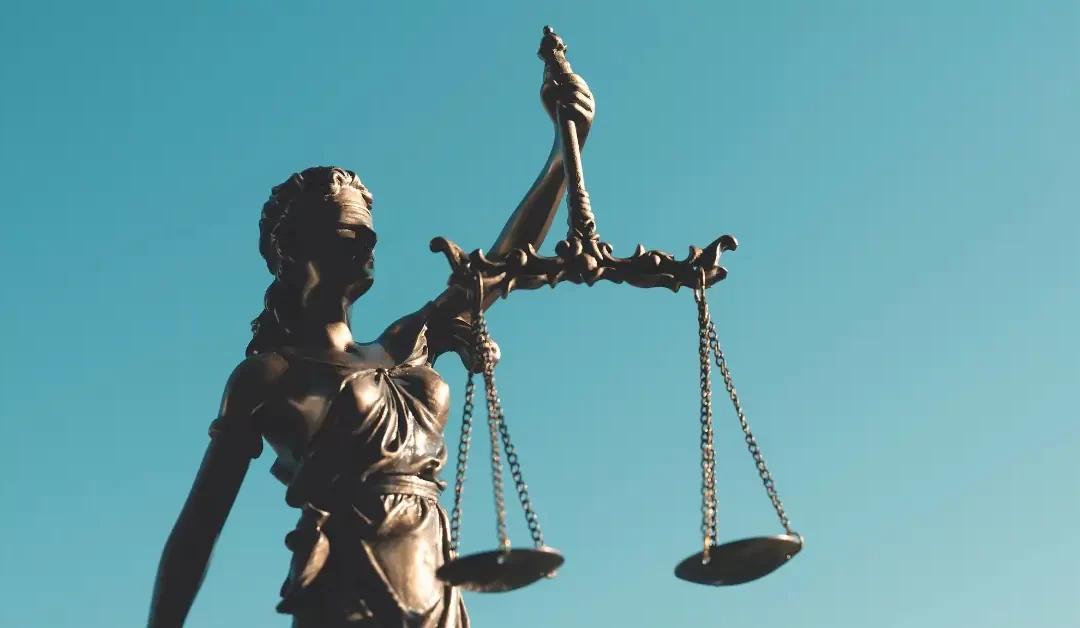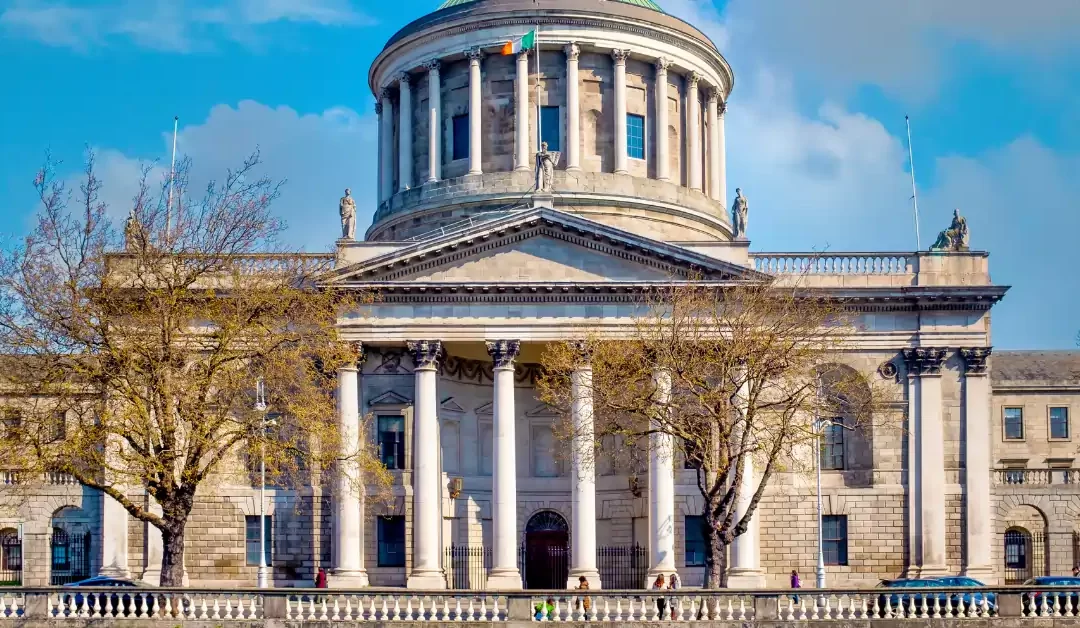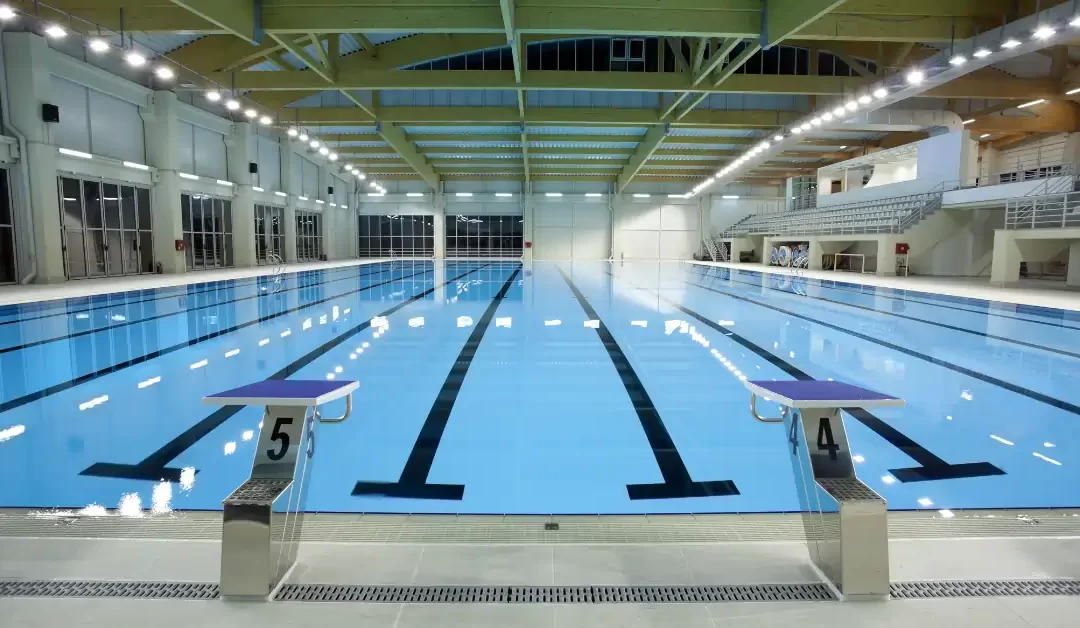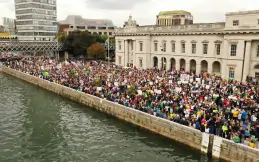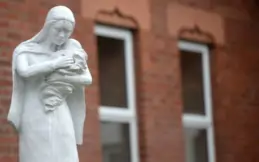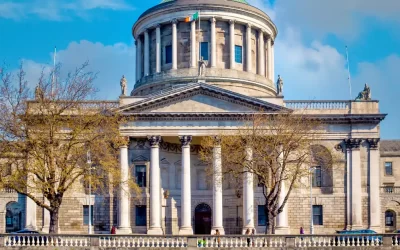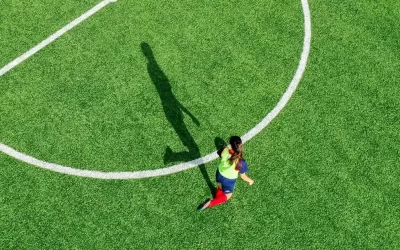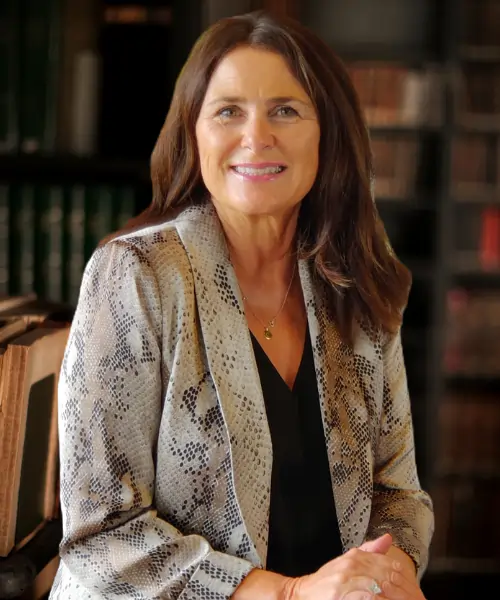The history of illegal adoptions in Ireland has again come to the fore following the publication of the report of the Commission of Investigation into Mother and Baby Homes in January.
Previously in 2018, the Government had promised to take action in the cases of 126 babies who were illegally registered on their birth certificates as if they were the natural children of their adoptive parents.
On Wednesday the 3rd of March RTE broadcasts, and RTE Investigates the history of illegal adoptions in Ireland. The documentary reported on the history of illegal adoptions in Ireland and those that facilitated the practice.
The program featured interviews with numerous people who had only become aware of the circumstances of their illegal adoptions in recent years. It was the transferring of files to TUSLA from St Patrick’s Guild Catholic Adoption Society, which had been run by the Religious Sisters of Charity, that brought to light the extent of the illegal adoptions.
TUSLA contacted those that had been illegally adopted. Some of the people contacted were not even aware that they were not the biological children of their parents and many were advanced in years when they became aware.
Among these people was Brian Webster who received a letter from TUSLA on the cusp of his 60th birthday. In speaking to RTE Investigates Brian told how prior to receiving the letter he was unaware he had been adopted.
Irish children were not just illegally provided to Irish families there were also provided to families in the United States. In June 1954, the American Embassy in Dublin brought to the attention of the Irish Authorities what is believed to be criminal activities involving the falsification of birth records.
Numerous American women had claimed to have given birth in Dublin and sought to have their babies added to their passports. The practice of placing Irish babies abroad was made illegal by the 1952 Adoption Act.
The 1952 Adoption Act had also made it illegal for an agency to receive money for anything other than the maintenance of the children in its care. However, following on from documents seen by the RTE Investigates team it appears that some women were charged for the care of their babies despite the (illegal) adoption has already taken place.
One such case was that of Neil Dargan, who spoke to RTE Investigates, he had been illegally adopted within 10 days of his birth however, his birth mother paid the fee for her son’s maintenance to St Patrick’s Guild for a further three months at their insistence.
In the course of its research, RTE Investigates discovered that numerous powerful and prominent members of Irish society had been involved in the facilitating of illegal adoptions. These individuals included Professor Eamonn de Valera Jr who was at the time a Consultant Gynaecologist at Holles St National Maternity Hospital.
Professor de Valera in some cases even set up antenatal appointments for women who were not pregnant to facilitate the illegal adoptions. This was done almost a decade after the 1952 Adoption Act.
Many of the people that have been contacted by TUSLA have attempted to obtain information regarding their births and subsequent adoptions. However, the implementation of the General Data Protection Regulation (GDPR) in the EU has greatly frustrated their attempts despite the Regulation being created to protect and give access to personal data.
GDPR is being given as a reason has to why the information cannot be shared. Dr. Maeve O’ Rourke speaking to RTE Investigates stated “There’s no justification for telling somebody that they are adopted, then turning around and saying I can tell you that, but I can’t tell you who you are. That is not the proper interpretation of GDPR, we have not seen where that is coming from”.
In a statement to RTE Investigates, TUSLA said the legislation as it stands in Ireland, only permits it “to share personal information with those affected that relates directly to them”. Assurances have been given by Roderic O’ Gorman the current Minister for Children that legislation “to allow access to birth information, including birth certificates, be prepared by end March/early April”.
